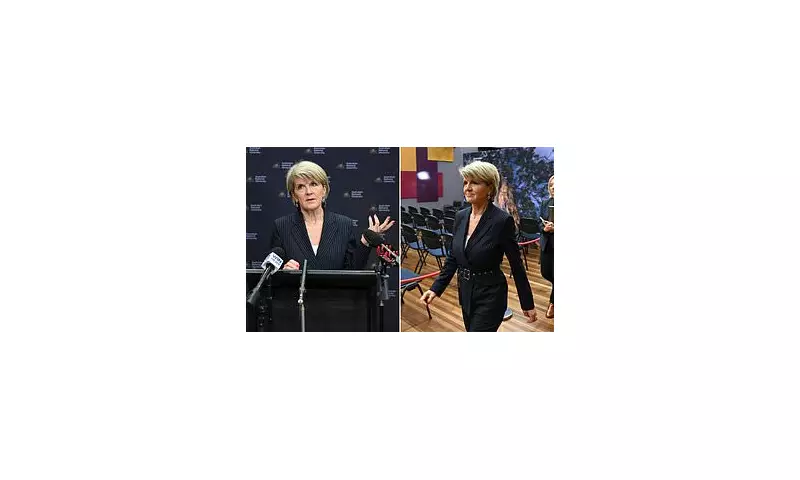
In a stunning development that has sent shockwaves through Australia's academic community, former Foreign Minister Julie Bishop has abruptly resigned as Chancellor of the Australian National University.
The dramatic exit follows what sources describe as an irreconcilable breakdown in her working relationship with Nobel laureate Vice-Chancellor Professor Brian Schmidt over fundamental differences in university governance and financial direction.
Governance Clash Sparks Leadership Crisis
According to well-placed insiders, tensions between the two leaders reached boiling point over conflicting visions for ANU's future. Bishop, who made history as the university's first female chancellor in 2020, reportedly found herself at odds with Professor Schmidt on multiple critical issues.
'There were fundamental differences in their approaches to governance and the university's financial priorities,' revealed a senior academic familiar with the situation. 'The relationship had become unworkable despite both parties' best efforts.'
Abrupt Departure After Emergency Meeting
The resignation was triggered during an emergency council meeting where Bishop presented her concerns about the university's direction. Rather than addressing the issues, the meeting culminated in her immediate departure from the role.
Professor Schmidt acknowledged the resignation in a brief statement, praising Bishop's 'significant contribution' while conspicuously avoiding any mention of the underlying conflicts that prompted her exit.
Academic Community Reacts With Shock
The sudden departure has left staff and students reeling, with many expressing concern about the stability of leadership at Australia's premier research institution. The university council has moved quickly to appoint Distinguished Professor Genevieve Bell as interim chancellor while commencing an urgent search for a permanent replacement.
This leadership crisis comes at a particularly challenging time for ANU, which faces mounting pressure over financial sustainability and competing demands for research funding versus student services.
The resignation marks a dramatic end to Bishop's tenure, which began with high hopes for bringing her considerable diplomatic experience to bear on higher education leadership. The circumstances of her departure now raise serious questions about governance structures within Australia's leading universities.





